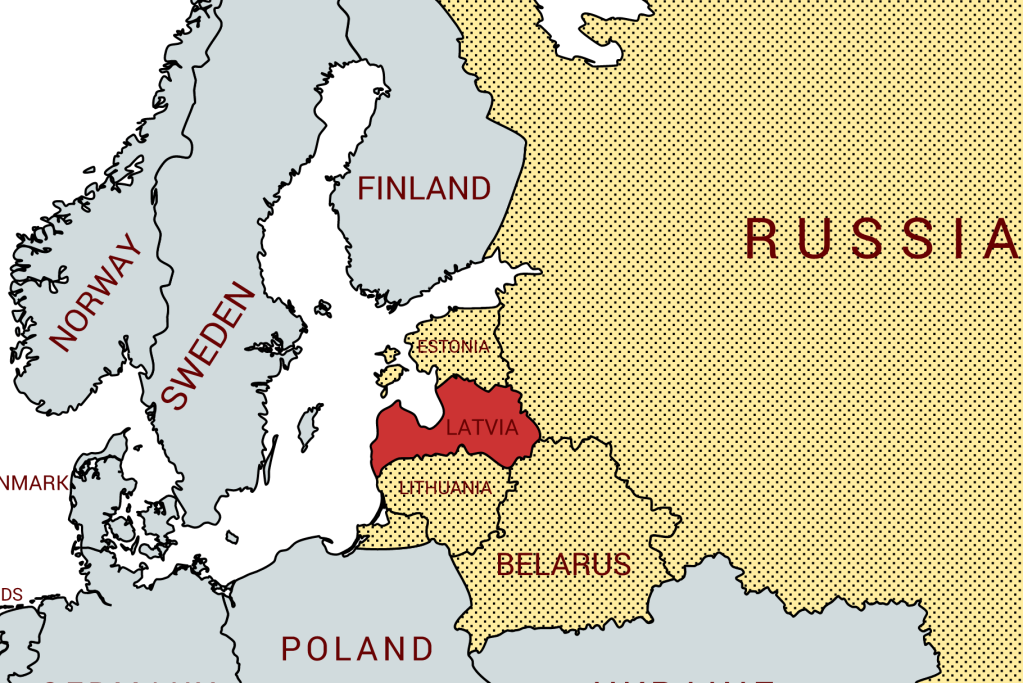Latvia plans to restore peat extraction sites along its eastern border as part of a defense strategy that would create natural barriers with Russia, the country’s Ministry of Defense announced.
The Baltic countries are reinforcing their borders with Russia to deter and defend against potential military threats from Russia and Belarus amid heightened regional security concerns.
The program involves restoring wetlands, water bodies, marsh areas, and forests on historically degraded peat extraction sites, according to the ministry. Officials believe the restoration will “reduce damage historically caused to natural resources” while serving military purposes.
“The restoration of wetland ecosystems not only contributes to conducting defensive operations, but also allows reducing material, technical and personnel resources,” the Ministry of Defense reported.
The initiative forms part of Latvia’s broader Baltic Defense Line construction project along the eastern border. The ministry emphasized focusing on “those historical peat extraction sites where the restoration of wetland ecosystems will most directly contribute to the construction of the Baltic Defense Line on the eastern border.”
Local authorities plan to finance the marsh restoration using European Union funds, the ministry reported. The dual-purpose approach combines environmental restoration with strategic defense planning, creating natural obstacles that could complicate potential military movements across the border.
The restored wetlands would serve as both ecological rehabilitation zones and defensive terrain features, according to the ministry’s assessment of the program’s military and environmental benefits.




